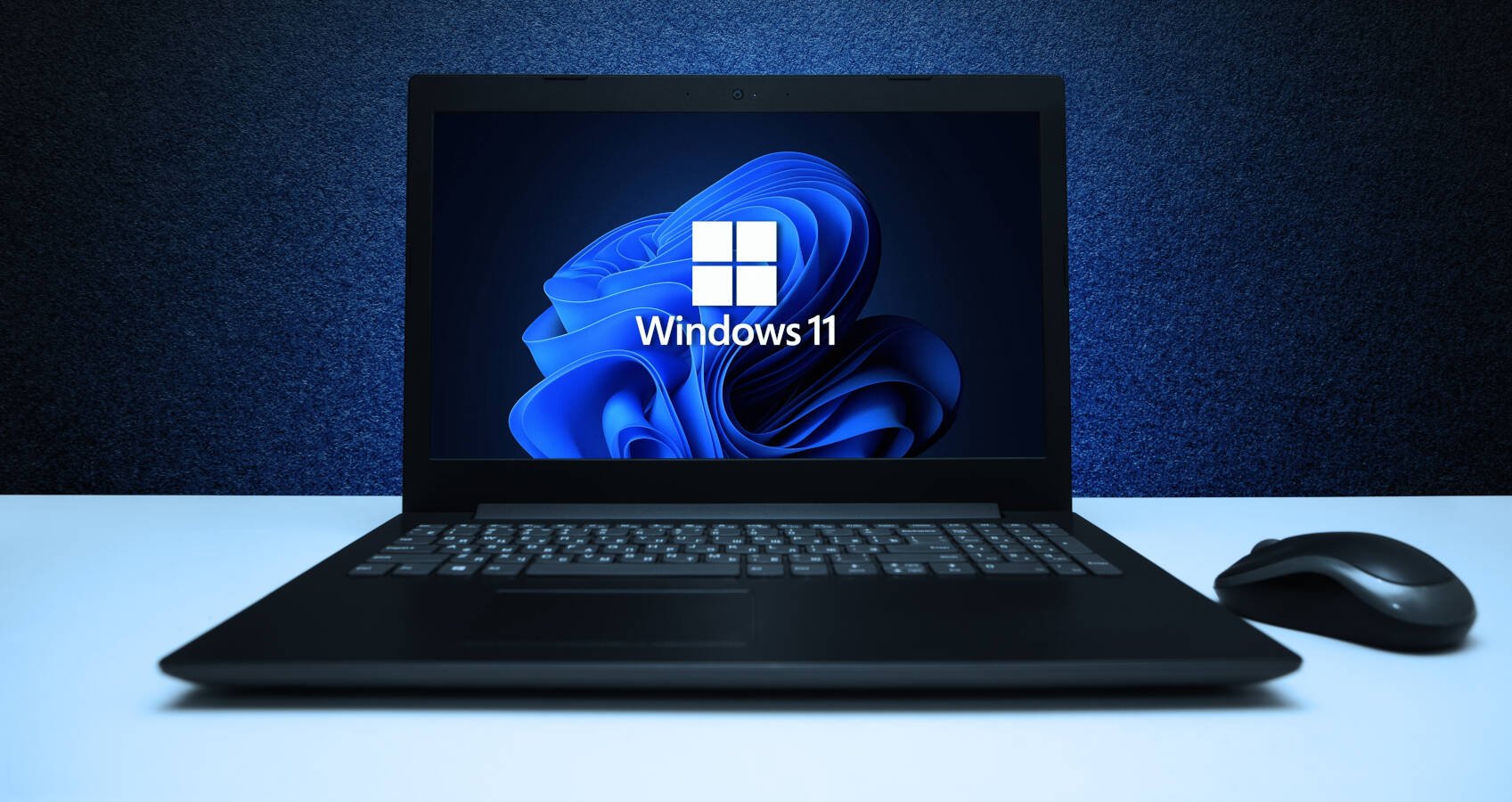
June 7, 2024 at 03:50PM
Microsoft’s controversial Windows Recall, which takes snapshots of a user’s screen, uploads the images on the device, and analyzes them using OCR, has raised security concerns. After criticism, Microsoft will now offer Recall as an opt-in service, beef up data security, and require Windows Hello enrollment and presence proof for access.
From the meeting notes, it is clear that there were significant concerns and criticisms regarding Microsoft’s Recall feature for Copilot+ Windows PCs. The feature, which aimed to capture and analyze user’s screen activity, faced scrutiny for its potential security vulnerabilities and privacy implications.
In response to the feedback, Microsoft has announced several updates to address the issues raised. These include making Recall an opt-in service during the set-up process for Copilot+ PCs, requiring enrollment in Windows Hello for activation, and adding additional layers of data protection, such as ‘just in time’ decryption and encrypted search index database.
Despite these changes, there are still lingering criticisms and skepticism surrounding the Recall feature. Kevin Beaumont, director of emerging threats for Arcadia Group, explicitly advised against enabling Recall and recommended others to do the same.
In light of the ongoing concerns and feedback, Microsoft emphasized its commitment to prioritizing customer privacy, security, and trust. They acknowledged the importance of listening to customer feedback and expressed readiness to evolve their experiences in meaningful ways based on customer input.
It’s evident that there was strong opposition to the Recall feature within and outside of Microsoft, highlighting the need for more thorough consideration of customer needs and potential implications before product release.
Overall, the meeting notes depict the evolution of Microsoft’s response to the criticisms and the ongoing emphasis on customer-centric innovation and security enhancement.